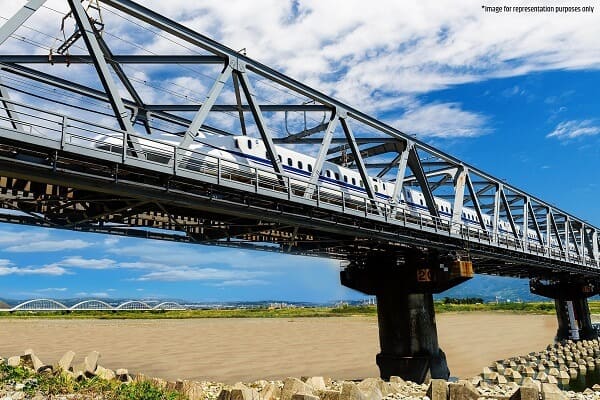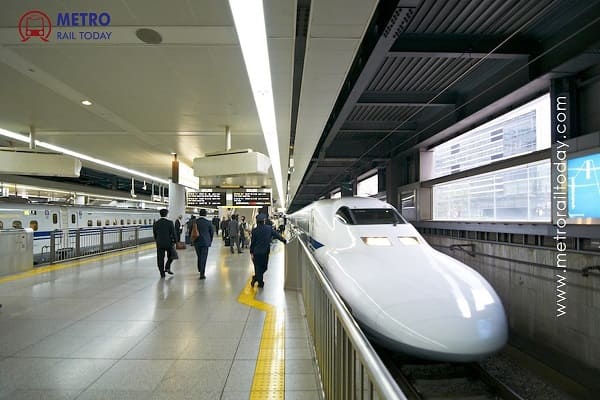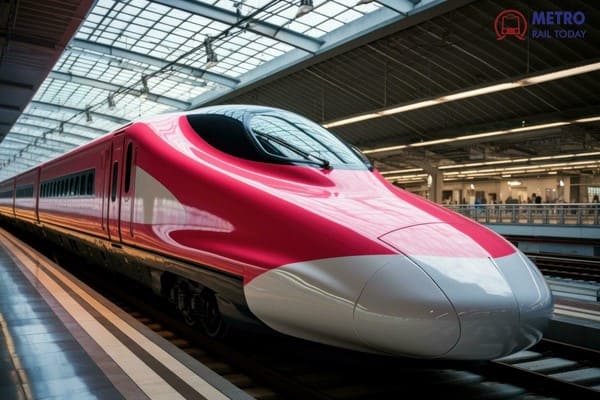 SYSTRA acquires Ardanuy Ingenieria to bolster Global Rail and Urban Transport expertise
SYSTRA acquires Ardanuy Ingenieria to bolster Global Rail and Urban Transport expertise Metro, Monorail and Pod Taxis: How MMRDA is Reinventing Mumbai’s Urban Transport?
Metro, Monorail and Pod Taxis: How MMRDA is Reinventing Mumbai’s Urban Transport?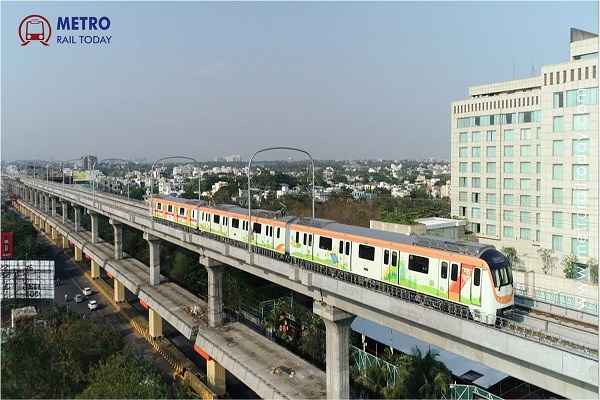 Maha Metro partners with IIT Kanpur to shield Nagpur and Pune Metro Systems from Cyber threats
Maha Metro partners with IIT Kanpur to shield Nagpur and Pune Metro Systems from Cyber threats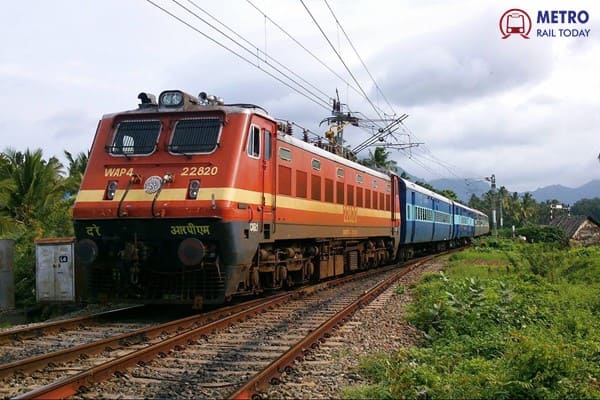 R. Rajagopal appointed as Member (Traction & Rolling Stock), Railway Board, Ministry of Railways
R. Rajagopal appointed as Member (Traction & Rolling Stock), Railway Board, Ministry of Railways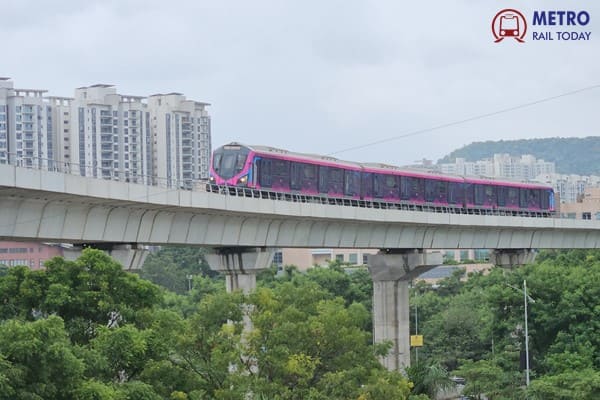 Maha Metro to appoint DPR Consultant for Pune's Shivajinagar-Kondhwa Metro Line
Maha Metro to appoint DPR Consultant for Pune's Shivajinagar-Kondhwa Metro Line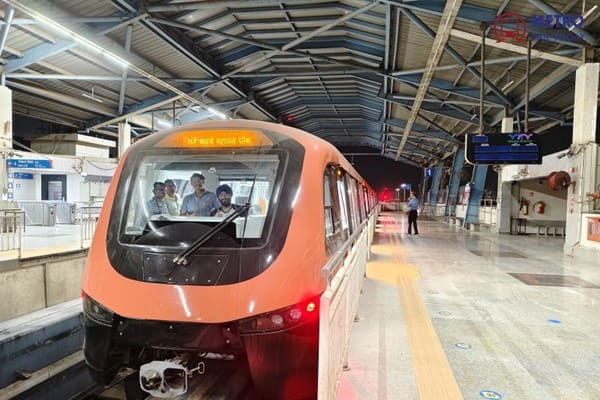 Mumbai Monorail suspension sparks Job Losses and Backlash despite system upgrade plans
Mumbai Monorail suspension sparks Job Losses and Backlash despite system upgrade plans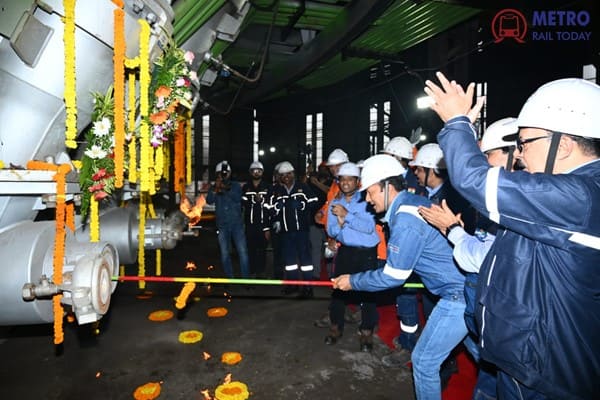 Jindal Steel Commissions One of India’s Largest Blast Furnaces in Odisha
Jindal Steel Commissions One of India’s Largest Blast Furnaces in Odisha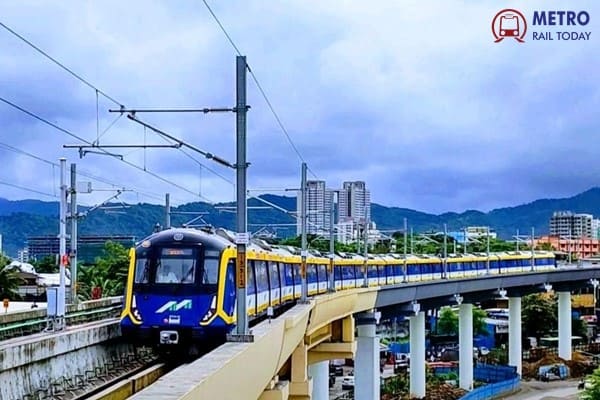 RDSO successfully conducts Brake and Speed trial tests on Mumbai Metro Line 9
RDSO successfully conducts Brake and Speed trial tests on Mumbai Metro Line 9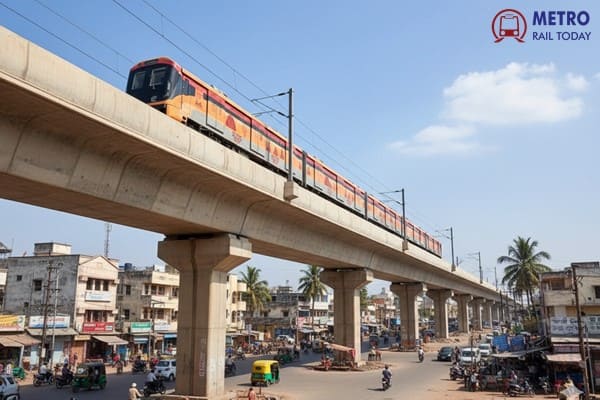 Patna Metro gears up for public launch, Final Trial Run scheduled for September 29
Patna Metro gears up for public launch, Final Trial Run scheduled for September 29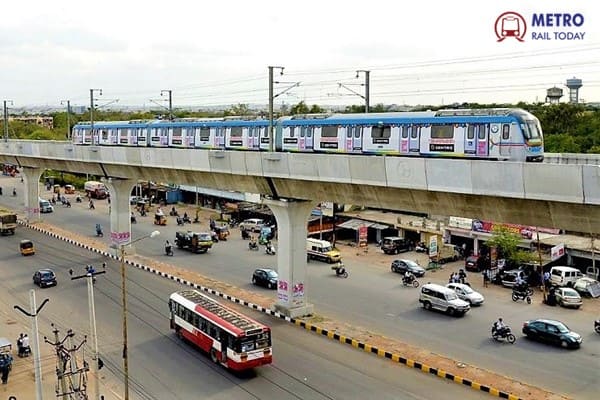 Telangana Govt takes over Hyderabad Metro Phase 1 as L&T exits project
Telangana Govt takes over Hyderabad Metro Phase 1 as L&T exits project
Tender floated for last track contract of Mumbai-Ahmedabad High Speed Rail Corridor
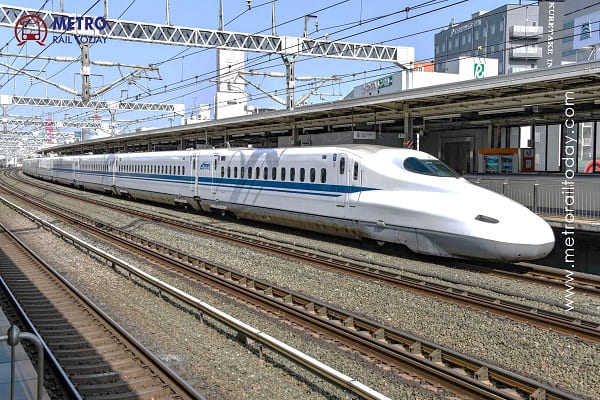
New Delhi, India (Metro Rail Today): In a significant advancement for India’s ambitious high-speed rail project, the National High-Speed Rail Corporation Ltd. (NHSRCL) has officially invited bids for the T1 track work package of the Mumbai–Ahmedabad High-Speed Rail (MAHSR) project. This development marks a crucial milestone in the construction of India’s first bullet train line, designed to enhance connectivity between the bustling metropolis of Mumbai and the vibrant city of Ahmedabad.
The T1 track work package encompasses a total distance of 508.17 km and represents the final segment of the track installation process for the MAHSR project, which is projected to cost approximately ₹1.1 lakh crore (around $15 billion). This high-speed rail line will feature 12 stations along its route, revolutionizing travel between the two cities.
The scope of the T1 package includes significant work on:
- 1.028 km of Package C-1: This involves the underground BKC Station, currently under construction by a joint venture between MEIL and HCC.
- 20.377 km of Package C-2: This segment consists of an underground tunnel constructed by Afcons Infrastructure.
- 135.45 km of Package C-3: This involves an elevated viaduct and three stations, developed by Larsen & Toubro.
Key Details
- Completion Deadline: 2157 days (approximately 5.9 years)
- Pre-Bid Meeting: November 4, 2024, at 11.00 AM
- Tender Submission Deadline: January 31, 2025, at 3.00 PM
- Tender Opening Date: February 3, 2025, at 3.00 PM
- IFB Number: Package No. MAHSR – T-1
The successful bidder will be responsible for the design, supply, and construction of track works, including testing and commissioning, on a design-build lump sum price basis for the double-line high-speed railway extending from Bandra-Kurla Complex (MAHSR Km. -0.255) in Mumbai to Zaroli Village (Km. 156.600) at the Gujarat-Maharashtra border.
In a departure from traditional rail systems, the MAHSR project will employ a specialized slab track system, enhancing stability and speed for high-speed operations. This innovative approach contrasts with the conventional ballasted track system typically used in main-line railways. NHSRCL has dedicated resources to provide information on the economics and dynamics of this specialized track system, ensuring stakeholders understand its benefits.
Here's a brief update on the three-track work packages for the Mumbai–Ahmedabad Bullet Train project:
- T-1 (Maharashtra): Bids Invited
- T-2 (Gujarat): Installation is underway by IRCON International Ltd.
- T-3 (Gujarat): Installation is underway by Larsen & Toubro Ltd.
Notably, Larsen & Toubro recently inaugurated a specialized High-Speed Rail Track Slab Manufacturing Facility in Anand, Gujarat, further bolstering the project’s infrastructure capabilities.
The invitation for bids for the T1 track contract signifies a pivotal moment in the realization of the Mumbai–Ahmedabad Bullet Train project. As construction progresses, the project promises to transform the transportation landscape in India, reducing travel times and enhancing economic connectivity between two major urban centers. Stakeholders and potential bidders are now poised to engage in what could be one of the most significant infrastructure developments in the country’s history.





